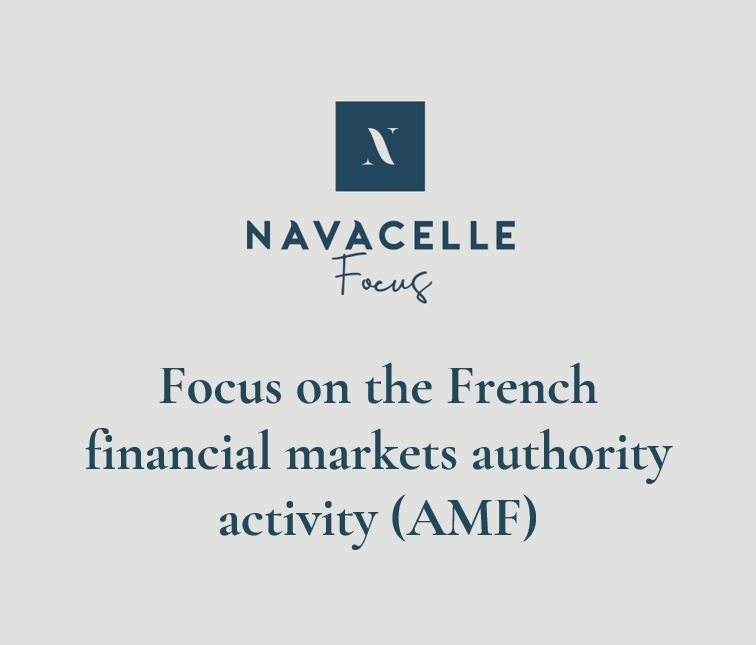The ambition of the Paris Legal Makers was to open a new page of law.
If the event first intrigued, the feedback and the enthusiasm of the speakers and participants, whether on site or remotely (more than 500 people in live digital, more than 60,000 connections to the LePoint.fr platform), reveal that the Paris Legal Makers met a real need: federating the actors of the legal sector in order to bring sustainable solutions to public and private decision makers.
The President of the French Republic Mr. Emmanuel Macron wished to give his high patronage to the Paris Legal Makers, convinced of its relevance. The Ministries of Justice and Foreign Affairs, theUNCITRAL, as well as the Global Forum on Law, Justice and Development, also assured us of their support.
As underlined by the President of the Bar, France has a Ministry of Justice, but no Ministry of Law.
Yet legal matters go far beyond the dichotomy of the collective imagination that associates the law with the resolution of a conflict or a sentence. The law is much more: it is a multi-purpose tool and Paris is a one-stop shop for law where everyone can find the most relevant advice.
The President of the Bar thus wanted to highlight and deepen these more confidential aspects, as well as those merged into larger entities, for they remain truly related to law.
He wished to reaffirm that the law and the rule of law are essential tools for economic development. This was brilliantly underlined by the key witnesses Didier Reynders, European Commissioner, and Sandie Okoro, World Bank Senior Vice President and Group General Counsel. Claudia Salomon, President of the International Court of Arbitration, and Gabriel Curtis, former Minister in charge of investments and public-private partnerships in Guinea, also demonstrated this through their daily use of law as an adjustment variable for growth. Bernard Cazeneuve, former Prime Minister and lawyer, reminded the audience while closing the event how much the law can be a tool of resilience in the face of crises through regulation, prevention, repair and anticipation it allows.
More than ever, the diplomatic dimension of law is preponderant in managing foreign relations.
Instead of war, let us prefer resolution through law. The Minister of Foreign Affairs, Jean-Yves Le Drian, reaffirmed in his opening speech the essential role of this major tool of diplomacy today. It is at the heart of the French government’s diplomatic strategy. “The law is now […] a standard-setting weapon, […] a judicial weapon, […] a political and economic weapon. […] [It is] “is now an essential priority for discussion and action linked to our foreign policy”.
This diplomatic dimension overlaps with the issue of Human Rights, the societal and social dimensions of law. Two general counsels of global groups, Stacey Friedman (JP Morgan Chase) and Nassib Abou-Khalil (Nokia), discussed their internal policies regarding the respect of Human Rights. The presence of a wide range of speakers, such as the chair of the French Commission for data processing & liberties (CNIL), Marie-Laure Denis, and the anthropologist Laëtitia Atlani-Duault, enabled us to offer an extremely rich program on major subjects, such as equality, new work standards brought about by the pandemic, and the place of ethics in the processing of sensitive or personal data.
The ethical dimension of Law was also addressed through the environmental part of the event.
Admiral Pierre Vandier, Chief of Staff for the Fench Navy, Mehdi Coly, CEO for TimeForThePlanet, Jean-François Julliard, Executive Director for Greenpeace France, and Franck Lagier, French liaison judge in Tunisia, addressed environmental issues and challenges through the prism of law in terms of leverage and means for action, at a time when international law is regularly called into question.
The vitality of Tech in law and the place of law in Tech.
The President of the Bar also wished to highlight the growing role of Tech, to better understand the current world in order to consider the one of tomorrow and offer adapted and relevant legal answers to our fellow citizens of the world. Some legaltechs (Pierre Aïdan, President for LegalStart, Louis Larret-Chahine, CEO for Predictice – winner of the 2021 LegalTechs’ Barometer) but also large groups (Yoram Elkaïm, France General Counsel for Google ; Alexandre Menais, Executive Vice President for Atos), or great specialists in these subjects (Camille Morel, academic ; Anna Joubin-Bret, Secretary for the United Nations Commission on International Trade Law – UNCITRAL), and NGOs (Ayumi Moore Aoki, President for Women in Tech), all testified to the vitality of Tech in law and the place of law in Tech.
Paris also needed to become aware of its place in the legal world and offer the opportunity for legal actors to come together to exchange ideas in an emulation and sharing spirit. With more than 30,000 lawyers, the Paris Bar Association, and through it, all French bars, had to assert their role on the international scene.
To offer an attractive and effective response to changes in practices, without ever sacrificing the Human.
As underlined by the Minister of Justice, Eric Dupond-Moretti, the key words of the first Paris Legal Makers were innovation, dialogue, and mutual enrichment, in order to propose an attractive and effective answer to the evolutions of the practices, without ever sacrificing the human element. We have tried to maintain a balance between the public, private, institutional and academic sectors in order to achieve a deep reflection on all the topics discussed. We are already being contacted with proposals for topics, speakers and partnerships for a (possible) 2022 edition. To be continued?














